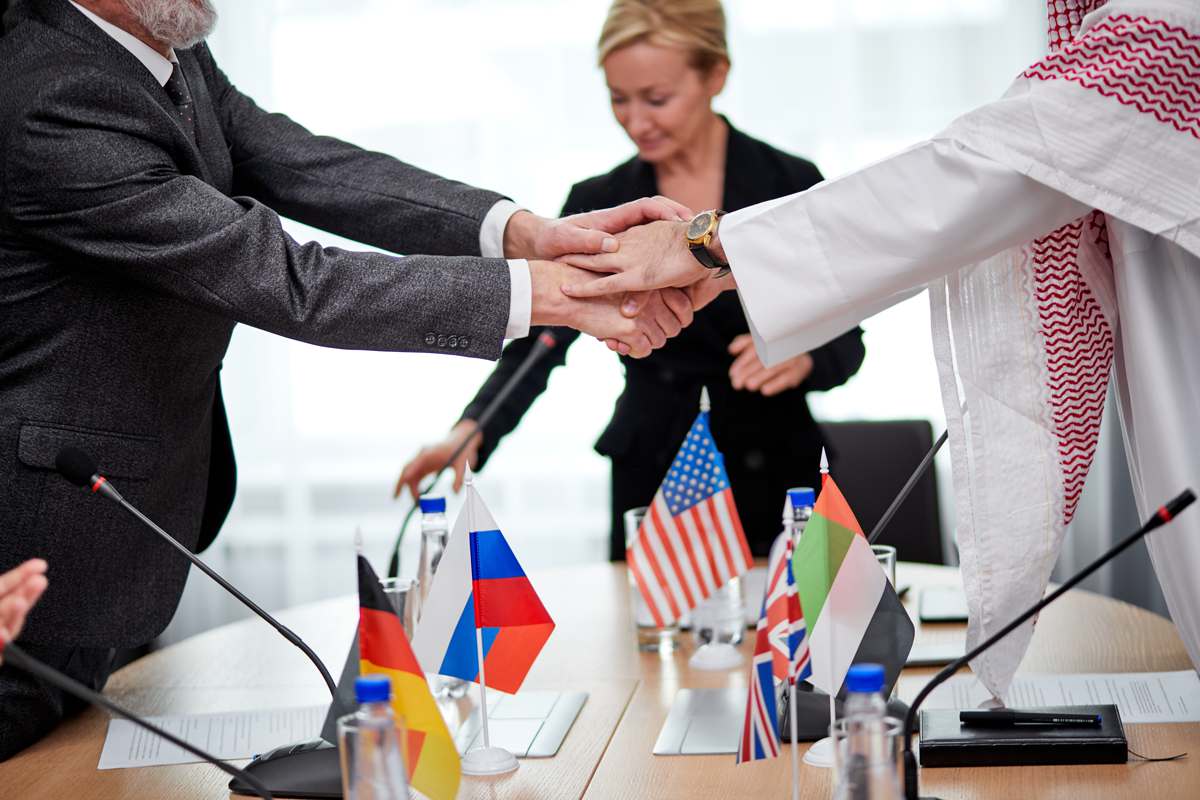Have you ever watched a seasoned diplomat navigate a heated negotiation? It’s almost like watching a master chess player—every move calculated, every word measured. Now, imagine if those same skills were applied to Diversity, Equity, and Inclusion (DEI) work. Sounds like a game-changer, right?
As someone who’s spent years in the trenches of DEI (and, let’s be honest, survived more than a few awkward boardroom moments), I can tell you firsthand that diplomacy isn’t just for politicians. It’s for anyone who’s ever had to navigate difficult conversations, build bridges, and create meaningful change in spaces where people have wildly different perspectives.
1. Active Listening: The Superpower of Diplomacy
Diplomats don’t just hear—they listen. They absorb every word, every pause, and every unsaid emotion in the room. The best DEI practitioners do the same. Have you ever been in a conversation where someone’s nodding, but you just know they’re mentally drafting their grocery list? Yeah, not great.
Active listening means giving someone your full attention—not just waiting for your turn to talk. It means repeating back key points (“So what I hear you saying is…”) and asking clarifying questions. This not only validates the speaker but also ensures you truly understand their perspective before responding.
Pro tip: Next time you’re in a tough DEI discussion, resist the urge to jump in with your point of view right away. Instead, pause and ask, “Can you tell me more about that?” You’d be surprised how much people open up when they feel heard.
2. Neutralizing Conflict Without Losing Your Message
Diplomats walk into high-stakes meetings knowing that tension is part of the job. Sound familiar? In DEI work, conflict is unavoidable—it’s necessary even, because it often leads to real progress. But here’s the trick: knowing how to handle it without escalating emotions.
One of my favorite tactics? The diplomatic reframe.
Let’s say a colleague says something… let’s call it “questionable.” Instead of snapping back (tempting, I know), try: “That’s an interesting perspective. Can you share more about what led you to that conclusion?” This does two things: 1) It gives them a chance to self-reflect, and 2) It prevents the conversation from spiraling into a debate.
And if things really heat up? Borrow from diplomats and take a strategic pause. A deep breath. A sip of water. Even a simple, “I want to make sure I respond thoughtfully—can I take a moment?” buys you time to compose yourself before diving back in.
3. Building Coalitions: Relationships Over Righteousness
Diplomats don’t work in silos, and neither should DEI practitioners. The key to lasting change isn’t convincing one person—it’s creating a network of allies who will carry the work forward when you’re not in the room.
I learned this the hard way early in my career. Fresh-faced and ready to change the world, I gave a presentation about equity that (I thought) was brilliant. But afterward, a senior leader pulled me aside and said, “You made great points, but you lost the room because they didn’t feel like part of the conversation.” Oof. That one stung.
The lesson? It’s not about proving you’re right. It’s about making people feel invested. Diplomats spend years fostering relationships before they make big asks. In DEI, this looks like having one-on-one conversations before a big meeting, understanding people’s concerns, and framing your message in a way that resonates with them.
4. Adapting to Change Without Losing Focus
If there’s one thing diplomats know, it’s that things rarely go exactly as planned. Sound familiar? Maybe you’ve spent months planning a DEI initiative, only for leadership to suddenly shift priorities. Frustrating? Absolutely. But that’s where flexibility comes in.
A diplomatic approach means focusing on the long game. If Plan A doesn’t work, what about Plan B… or C? One of my mentors once told me, “Don’t let your strategy get in the way of your goal.” In other words, be willing to pivot while keeping your eyes on the bigger picture.
Bringing It All Together
At its core, DEI work is about bringing people together and moving the needle on meaningful change. And let’s be real—it’s not always easy. But if we borrow a few pages from the diplomatic playbook—listening deeply, navigating conflict with grace, building coalitions, and staying flexible—we can have a much greater impact.
So, what’s your biggest challenge in DEI work? Have you ever used a diplomatic strategy to defuse a tense situation? Let’s talk in the comments—I’d love to hear your experiences!



